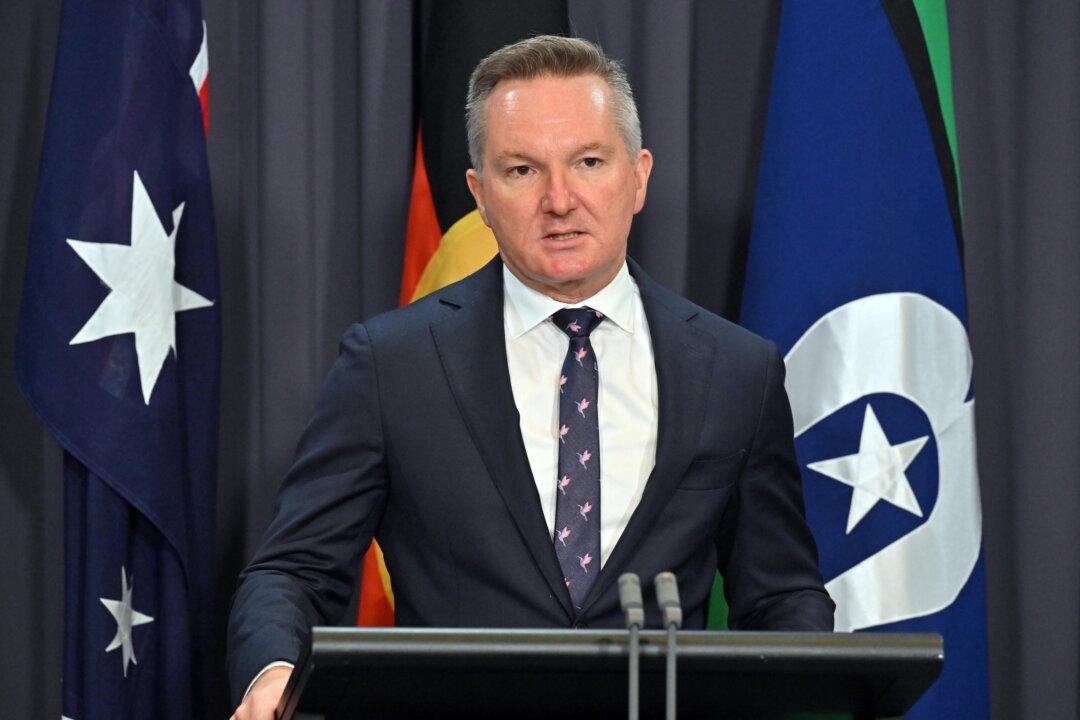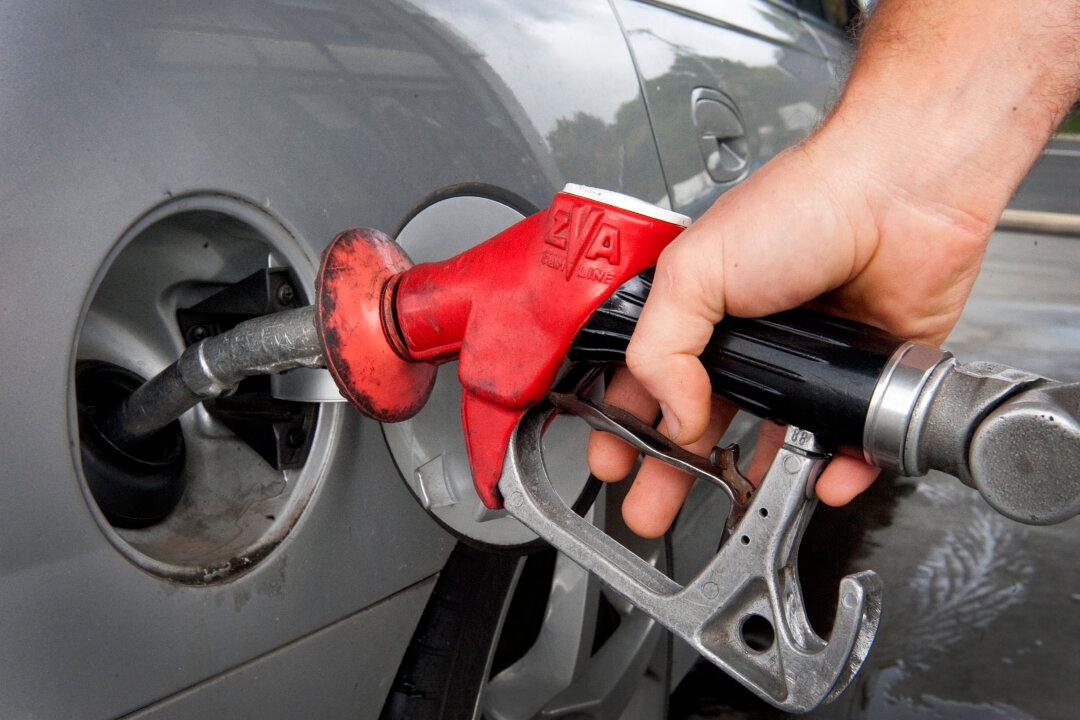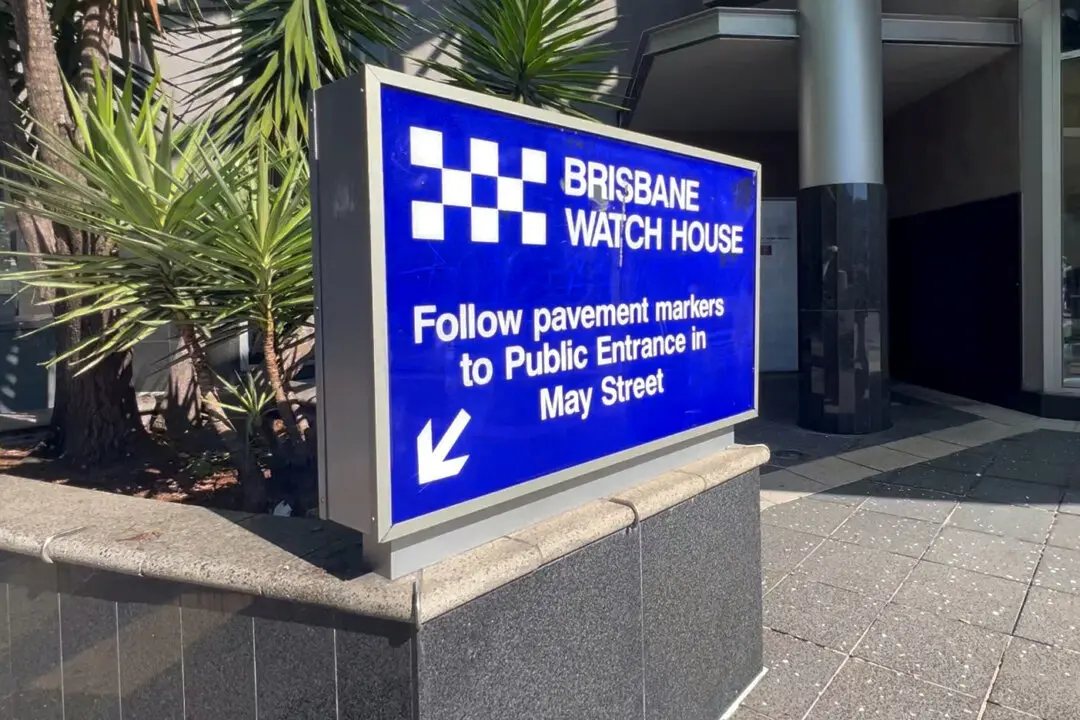Australia’s Minister for Energy and Climate Change Chris Bowen has criticised the Coalition’s nuclear plan for the nation, saying it is a reaction to Labor’s “effective” approach to renewables rather than innovative policy.
Mr. Bowen made the comments in an opinion piece in the Australian Financial Review, where he claimed Opposition Leader Peter Dutton was pushing for nuclear not because renewables were moving too slow, but because Labor was moving too fast.





